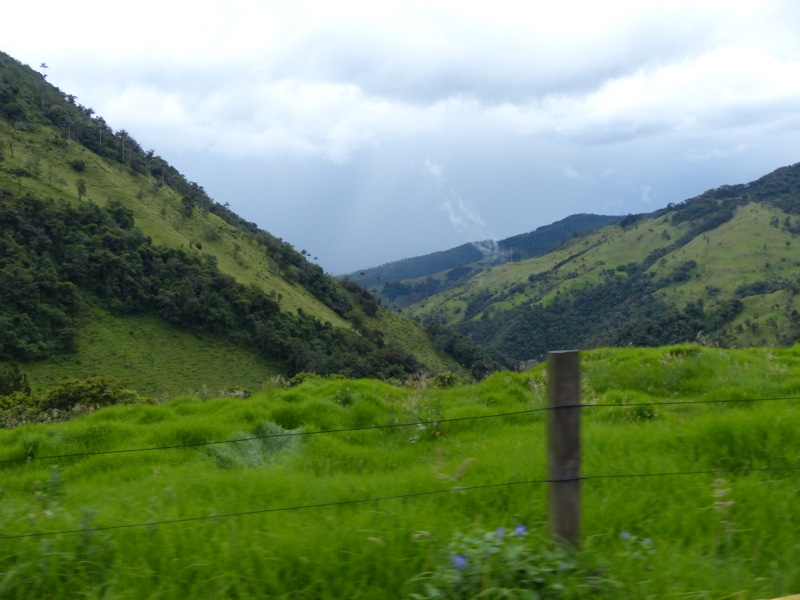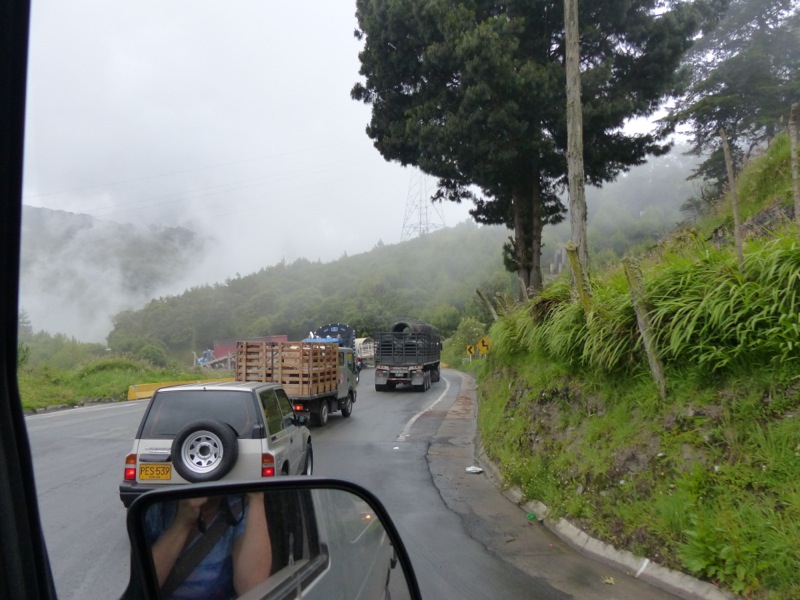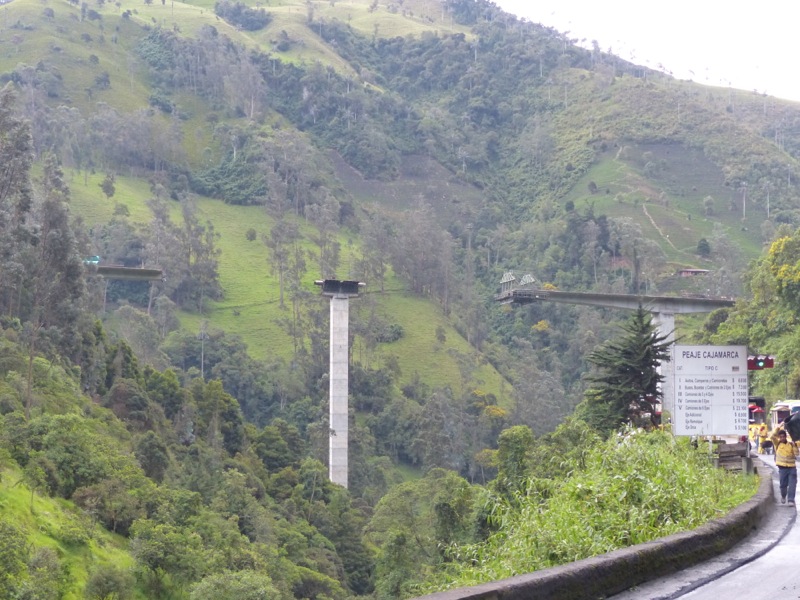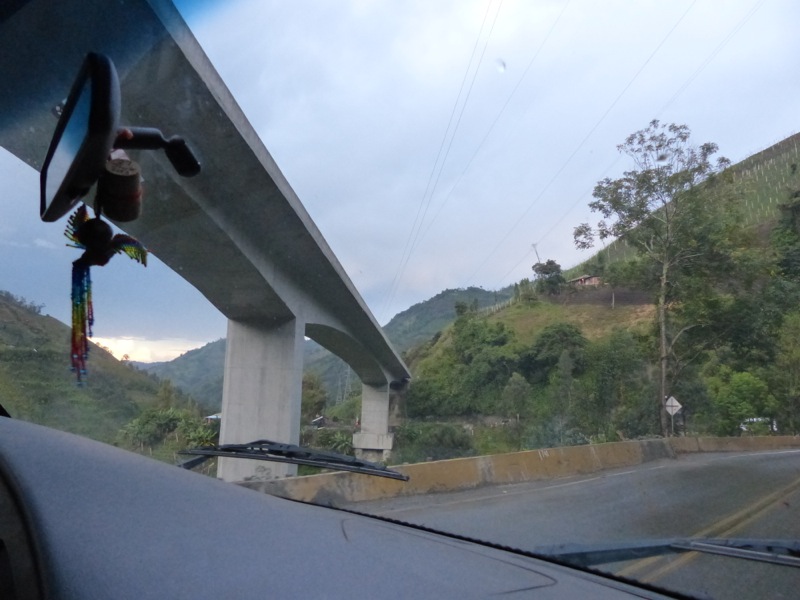The aging Kenworth shuddered to a stop in front of us amid groaning steel and the venting of high-pressure air. A kid, no more than 14, stood in the middle of the hairpin turn holding his hand up to tell the driver to stop. Another truck crept down the hill, its engine howling in low gear and its trailer taking up both lanes of the narrow mountain road. As it passed, the Kenworth revved its engine and with more shuddering and copious amounts of black smoke pouring from its exhaust began lumbering through the turn.
The kid ran alongside, shouting to the driver to throw a few coins his way for his help in avoiding a horrible collision. No pesos were forthcoming, and the traffic continued to inch its way up the mountain.
You know it’s going to be a long day when Google Maps says it’s going to take 6 hours to cover 89 miles. Surely that can’t be right, you think. But you know better. Heck, it might take longer.
The pass we were crossing started at less than 2000 feet and topped out in the fog at over 12,000 feet. With nothing more than a sign advising drivers to “revise los frenos” (check your brakes) the road began its plunge down the other side of the ridge. None of the truck drivers that we saw were actually stopping to check their brakes.

One benefit of going 10 – 15mph is that it gives you plenty of time to enjoy the scenery. You just have to pretend you’re breathing clean mountain air instead of the exhaust from the truck in front of you.
The Colombians apparently recognize that a road between two major cities with an average speed of 15mph is detrimental to productivity. They’ve embarked on a project to improve it that involves viaducts spanning valleys hundreds of feet high and thousands of feet across. It makes the Glenwood Canyon section of interstate 70 in Colorado look like a good project for a civil engineering intern.
Having blown past Google’s time estimate for our journey, we found ourselves driving in the dark and looking for somewhere to park for the night.
On this side of the pass some of the viaducts had been completed, and we found a likely spot on one of the bypassed sections of road. We backed down the road as far as we could to get out of sight of the highway and settled down for a restful night listening to the growl of engine brakes from passing semis.
At 3:30 the next morning, just as I was beginning to hope it would be light soon so I could stop not sleeping, someone knocked on the door of the van. “Como?” “Que?” I said in my best drowsy gringo Spanish. I heard someone say something about “casa rodante” (mobile home) and “documentos.” We looked outside and saw that they weren’t wearing uniforms but were carrying guns. Not good at all.
Not wanting to unlock any doors, I dressed and clambered into the driver’s seat where I rolled down the window part of the way. One of the men smiled and stuck his hand through so I could shake it. He explained that he was associated with the military and doing security patrols.
Before I could ask what happened to their uniforms, he started peppering me with the standard questions. “Where are you coming from?” “Manizales.” (the previous significant town on the road you’re on that a traveler might logically have been) “Where are you going?” “Ibagué” (the next significant town on the road you’re on). “What are you doing here?” “Turismo.” (Be careful with this one. It’s the right answer, but as we found out in Africa, “Tourist” sounds a lot like “Terrorist.”)
With that, he thrust his hand back through the window so I could shake it again and bid me a buen noche. Not bloody likely, I would have thought, had I been British. Instead, I said, “Vamos a dormir otra ves.” I realized later that since I screwed up the verb conjugation I said, “Let’s go to sleep again.” He just laughed and walked off, and I reinforced the image of the idiot gringo tourist. With deception skills like that, perhaps I should try my hand at terrorism.




So what should you have said??
Well, If I’d have said “Voy a dormir otra ves” that would have at least meant “I am going to sleep again” but it’s still beginner Spanish.
I wanted to try to say something like, “Now I’ll try to go back to sleep again” but my Spanish isn’t that good I didn’t want to get out the translator at that particular moment!
Thank you for a great tale. I smiled as I read it to my husband. Slowcarfasthouse has certainly experienced a few similar knocks on the window! Well played!
Thank you! Glad you enjoyed it!